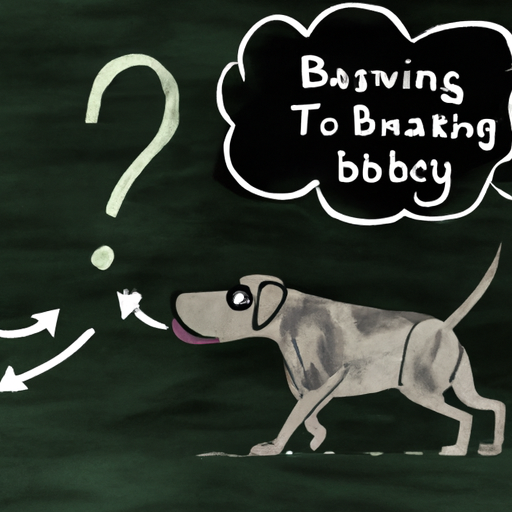A Mystery of Canine Behavior
You’ve seen it happen countless times. Your beloved furry friend starts spinning in circles, eyes locked onto their tail as they chase it with relentless determination. It’s a charming sight, a moment of harmless hilarity that leaves you chuckling. But have you ever stopped to wonder why dogs chase their tails?
The Science Behind Tail Chasing
There are a few reasons why your dog might be chasing their tail. Some of them are biological, others are psychological, and a few are born out of sheer boredom.
-
Predatory Instincts: Dogs are natural hunters, and their predatory instincts can sometimes manifest in unexpected ways. The movement of their own tail can trigger these instincts, leading to a merry chase.
-
Boredom: Just like humans, dogs can get bored. Chasing their tail is a simple way to entertain themselves.
-
Medical Issues: Sometimes, tail-chasing can be a sign of a medical problem. It might be a flea infestation, an injury, or a neurological disorder. If your dog is chasing their tail excessively, it might be worth bringing them to the vet.
The Psychological Aspects
As a caregiver, you understand the importance of mental health. Just like us, dogs can suffer from psychological stress, and tail-chasing can be a symptom of this. Anxiety, frustration, or fear can lead your dog to chase their tail as a form of self-soothing. If tail-chasing is accompanied by other signs of distress, it might be time to consult a professional.
How to Address Tail Chasing
If your dog’s tail chasing has become a problem, there are steps you can take to address it.
-
Exercise: Engaging your dog in regular physical activity can help alleviate boredom and reduce anxiety.
-
Mental Stimulation: Provide your dog with toys or puzzles to keep their mind occupied.
-
Training: Positive reinforcement training can help your dog learn to redirect their energy in a more productive way.
| Action | Effect |
|---|---|
| Exercise | Reduces anxiety and boredom |
| Mental Stimulation | Keeps the dog’s mind occupied |
| Training | Helps redirect energy |
FAQ
Q: Is tail chasing harmful?
A: In moderation, no. But excessive tail chasing can be a sign of underlying issues.
Q: Should I stop my dog from chasing their tail?
A: If it’s occasional, it’s not a problem. If it’s frequent or obsessive, consider consulting a vet or a dog behaviorist.
Q: My dog doesn’t chase their tail. Is that normal?
A: Absolutely! Not all dogs chase their tails. Each dog is unique in their behaviors.
Q: Can tail chasing be a sign of a serious medical condition?
A: In some cases, yes. If you’re concerned, it’s always best to consult with a vet.
So next time you see your dog chasing their tail, remember: it’s not just a cute quirk. It’s a fascinating blend of biology, psychology, and animal behavior. And as a caregiver, understanding these behaviors can help you provide the best possible care for your four-legged friend.



